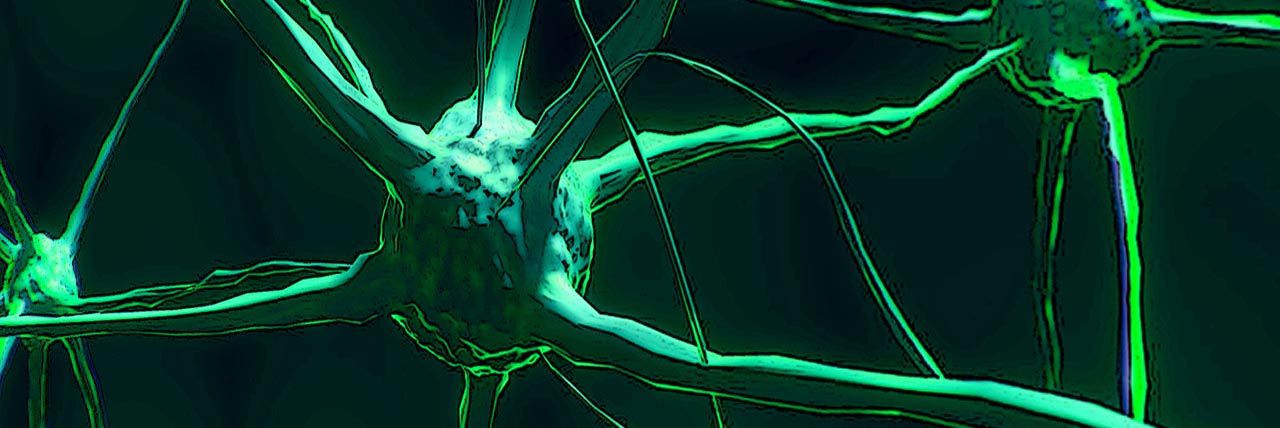
Research suggests that coffee could help combat Parkinson’s Disease and Dementia with Lewy Bodies. According to a recent study, coffee could prevent the accumulation of toxic protein in mice brains. There are two compounds that can help: caffeine and EHT. So, get your Starbucks coffee, but mind the portions.
 Parkinson’s Disease (PD) and Dementia with Lewy Bodies (DLB) Affect Americans
Parkinson’s Disease (PD) and Dementia with Lewy Bodies (DLB) Affect Americans
Many Americans suffer from PD and DLB. PD is a neurodegenerative disorder. The disease has symptoms that include shaking and stiffness, among others. Analysts estimate that doctors will diagnose nearly 1M Americans with PD by 2020.
DLB is a type of dementia with symptoms that are similar to those of both Parkinson’s and Alzheimer’s; this dementia type occurs when alpha-synuclein clumps in nerve cells in a brain. The deposits are also known as Lewy bodies. Clumping of alpha-synuclein can lead to cell death. Additionally, DLB affects around 1.3M Americans. This estimate is from the Lewy Body Dementia Association.
Coffee Might Help Prevent Parkinson’s Disease and Dementia
Your Starbucks coffee could be the ticket to a good memory. Newborn mice that received caffeine and EHT together had higher test scores. As a result of the study, the researchers found that the mice had reduced brain inflammation. The results came from lab research done by Rutgers University. Of course, the study involved the euthanization of the mice, to examine their brains. But, let us not go there.
The coffee compounds of EHT and caffeine, in combination, helped to prevent the clumping of alpha-synuclein. Clumping can lead to cell death, which is correlated with both PD and DLB.
Caffeine and EHT Are in Starbucks Coffee
Starbucks coffee contains thousands of various compounds. And caffeine is one of them. Another compound, EHT, is in a coffee bean’s wax coating. EHT is an antioxidant with anti-inflammatory properties. It is also a derivative of serotonin, which many consider to be the ‘happy’ chemical.
Due to the results in mice brains, scientists are hoping that the combination will help human brains as well. Scientists hope that one day there will be a new drug combination. And, the new drug will hopefully help treat PD and DLB in humans.


























